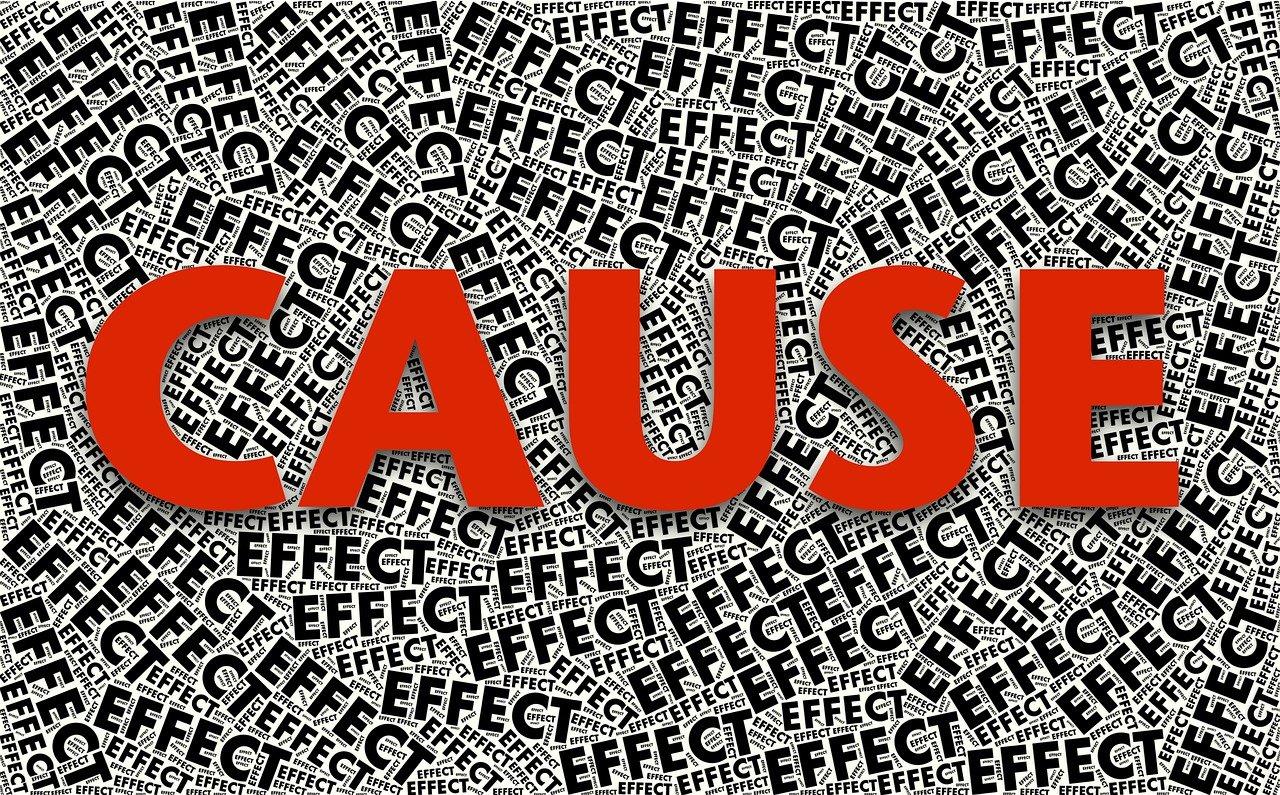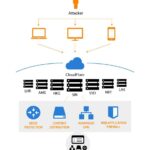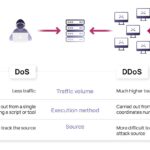In the midst of our ever-connected world, where the internet reigns supreme, a sudden disruption in Q3 of 2024 shocked users worldwide. Aptly dubbed the “Forced Offline” event, this phenomenon plunged countless individuals and businesses into a state of digital darkness. Let us delve into the summary of this unprecedented internet disruption and explore its far-reaching implications.
Table of Contents
- Overview of the Q3 2024 Internet Disruption
- Causes and Implications of the Forced Offline Incident
- Impact on Global Economy and Cybersecurity
- Recommendations for Mitigating Future Disruptions
- Q&A
- To Wrap It Up

Overview of the Q3 2024 Internet Disruption
During the Q3 of 2024, the internet experienced a widespread disruption that left millions of users forced offline. This unexpected event caused chaos across various industries and regions, leading to significant setbacks in communication, commerce, and information access.
The main factors contributing to this disruption were a series of cyber attacks on critical infrastructure, technical glitches within major internet service providers, and unprecedented solar activity causing interference with satellite communications. As a result, businesses had to adapt to offline modes of operation, individuals were cut off from their usual online activities, and emergency services struggled to maintain connectivity. The repercussions of the Q3 2024 internet disruption are still being felt as communities work to recover and fortify against future vulnerabilities.

Causes and Implications of the Forced Offline Incident
During the third quarter of 2024, the world experienced a significant Internet disruption that forced many individuals and businesses offline. The primary cause of this incident was identified as a coordinated cyberattack on multiple critical infrastructure systems, including major Internet Service Providers (ISPs) and cloud service providers. This attack resulted in widespread outages across various regions, impacting millions of users who were unable to access essential online services.
The implications of this forced offline incident were far-reaching, with disruptions felt across various sectors, including healthcare, finance, and e-commerce. Businesses faced significant financial losses due to the inability to conduct online transactions, while individuals were left without access to vital information and communication channels. As a result, cybersecurity measures were reevaluated and strengthened to prevent future attacks of this scale from causing similar disruptions in the future.

Impact on Global Economy and Cybersecurity
The Q3 of 2024 brought about a significant internet disruption that had far-reaching impacts on the global economy and cybersecurity. During this period, a massive cyberattack targeted critical infrastructure and caused widespread outages, forcing many businesses and organizations offline. The disruption resulted in billions of dollars in economic losses, as companies were unable to operate and conduct business as usual.
This abrupt interruption also raised concerns about the vulnerability of our interconnected digital world. It highlighted the need for stronger cybersecurity measures to protect against future attacks. Governments and businesses alike scrambled to bolster their defenses and fortify their networks against potential threats. The incident served as a wake-up call to the importance of cybersecurity in an increasingly digitalized society.

Recommendations for Mitigating Future Disruptions
One key recommendation for mitigating future disruptions is to invest in alternative communication methods that are not reliant on the internet. This could include establishing a backup communication system using radio frequencies or satellite technology. By diversifying communication channels, businesses and individuals can stay connected even in the event of another widespread internet outage.
Another important strategy is to regularly update and test disaster recovery plans to ensure they are effective in the face of unforeseen disruptions. This can involve conducting regular drills to simulate internet outages and practicing alternative communication methods. By being proactive and prepared, organizations can minimize the impact of future disruptions on their operations.
Q&A
Q: What caused the internet disruption in Q3 2024?
A: The internet disruption in Q3 2024 was caused by a series of coordinated cyber attacks targeting critical infrastructure.
Q: How long did the internet disruption last?
A: The internet disruption lasted for three days, causing widespread impact on businesses and individuals worldwide.
Q: How did people cope with being forced offline during the disruption?
A: People coped with being forced offline during the disruption by resorting to alternative communication methods such as phone calls, text messages, and face-to-face interactions.
Q: What were the key takeaways from the Q3 2024 Internet disruption?
A: The key takeaways from the Q3 2024 Internet disruption include the importance of cybersecurity measures, the vulnerability of our interconnected world, and the need for contingency plans in case of future disruptions.
Q: How did governments and tech companies respond to the internet disruption?
A: Governments and tech companies responded to the internet disruption by implementing emergency measures to restore connectivity, investigating the source of the attacks, and enhancing cybersecurity protocols to prevent future disruptions.
To Wrap It Up
While the Q3 2024 Internet disruption may have forced us offline temporarily, it served as a reminder of our reliance on technology and the importance of being prepared for unforeseen events. As we navigate through the aftermath of this disruption, let us continue to adapt and improve our digital infrastructure to ensure a more resilient and secure online environment for all. Let’s stay connected, even when the internet decides to take a break. Thank you for reading.










